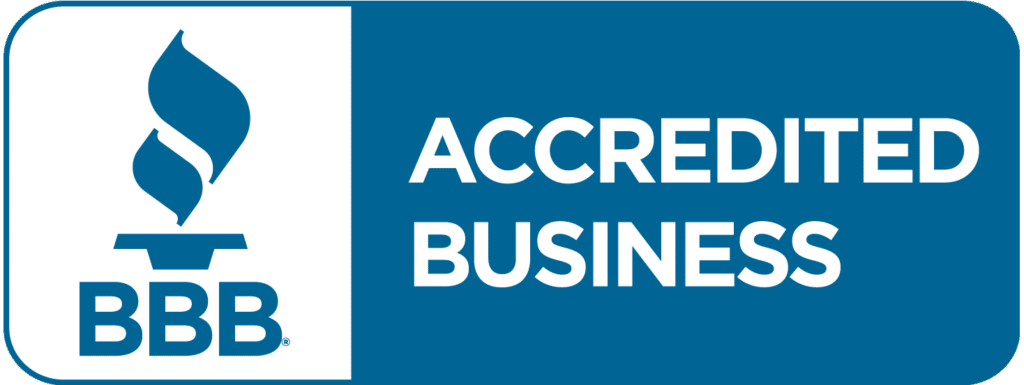Loneliness in Addiction Recovery
Loneliness in addiction recovery is a common and challenging obstacle many individuals face. It’s a multifaceted issue that requires attention, understanding, and actionable strategies for overcoming. Below, we delve into seven effective ways to combat loneliness during this critical journey, drawing insights from leading resources in the field of addiction recovery.
Understanding the Role of Loneliness in Recovery
Recovery from addiction is often accompanied by feelings of loneliness and isolation. Such emotions are not only distressing but can also pose significant risks to one’s recovery process. Loneliness can mirror the emotional pain experienced during periods of active addiction, making it a critical issue to address for those seeking to maintain sobriety and rebuild their lives.
1. Forge Connections with Yourself
The journey begins with self-connection. Engaging in activities such as meditation, journaling, and spending time alone can significantly enhance your understanding and appreciation of your own company. This foundational step is crucial in combating feelings of loneliness, as it shifts the perspective from solitude being a negative state to a more positive and self-reflective one.
2. Rebuild and Strengthen Relationships
Recovery offers a pivotal opportunity to mend and enhance relationships that may have been strained or neglected. Actively reaching out to family and friends, expressing your intentions to rebuild connections, and participating in shared activities can rekindle relationships and provide a valuable support network.
3. Engage in Group Therapy and Support Networks
Participation in group therapy sessions and support networks like AA or NA can be incredibly beneficial. These settings not only offer a platform for sharing experiences and receiving support but also facilitate the formation of meaningful connections with individuals who understand the challenges of recovery.
4. Address and Accept Your Emotions
Confronting and accepting your emotions is a vital step in overcoming loneliness. Recognizing feelings of sadness, anxiety, or depression as part of the recovery process allows for a healthier coping mechanism, moving away from substance use as a means of escape.
5. Cultivate New Friendships and Interests
Exploring new hobbies, joining clubs, or taking classes can open doors to meeting new people and forming friendships based on shared interests. This not only enriches your social life but also plays a significant role in preventing relapse by filling your time with positive and engaging activities.
6. Maintain Physical Activity
Exercise is a powerful tool against loneliness, known to release endorphins and promote feelings of well-being. Regular physical activity can improve both mental and physical health, providing a natural boost to your mood and helping to combat feelings of isolation.
7. Limit Social Media Use
While social media can offer a sense of connection, excessive use may lead to feelings of isolation and inadequacy. Balancing online interactions with real-world connections is crucial for maintaining mental health and fostering genuine relationships.
Overcoming loneliness in addiction recovery is a multifaceted challenge that requires a proactive and comprehensive approach. By focusing on self-connection, rebuilding relationships, engaging in supportive networks, addressing emotions, exploring new interests, maintaining physical activity, and balancing social media use, individuals can significantly enhance their recovery experience and overall well-being.
As you navigate the path of recovery, remember that loneliness is a common experience, but with the right strategies and support, it can be overcome. Embrace these steps as part of your journey toward a fulfilling and sober life.









